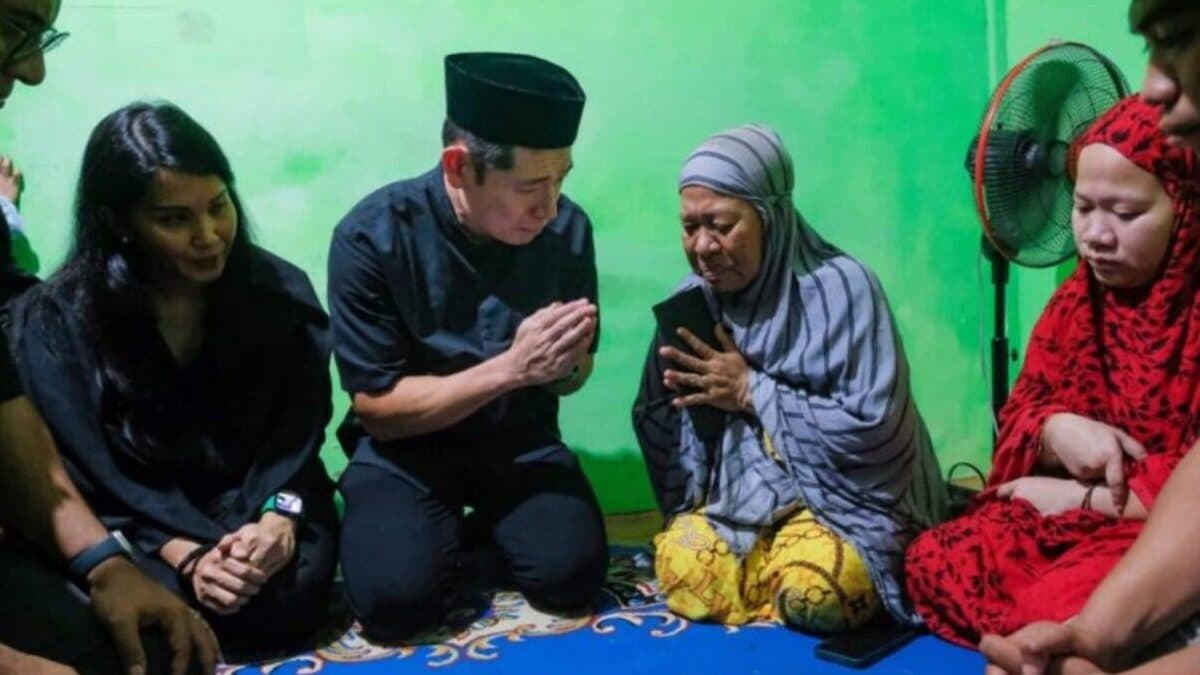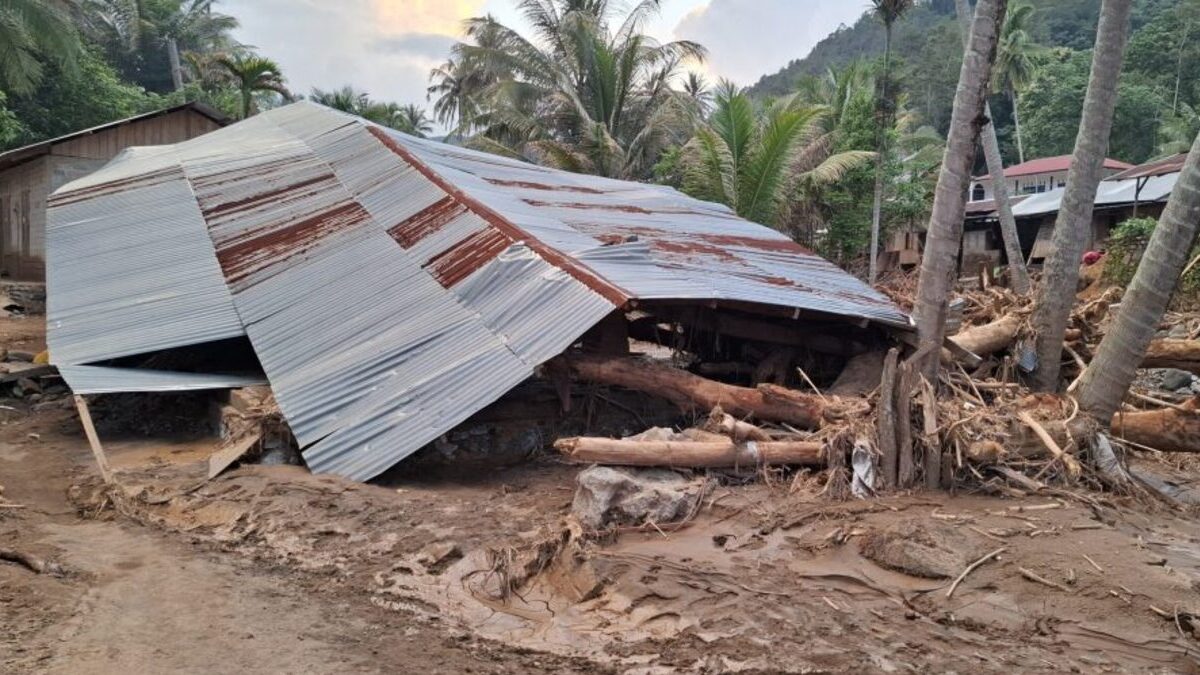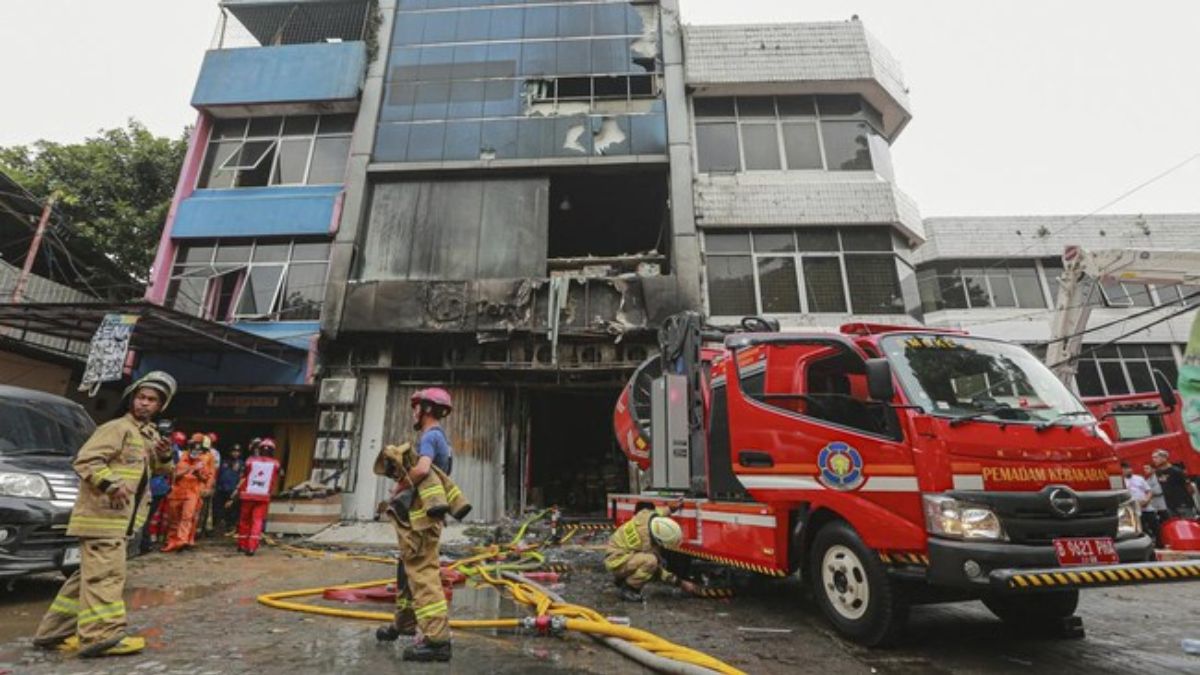Grab CEO Anthony Tan visits family of Gojek rider killed in Jakarta protest, pledges long-term support
Grab Group chief executive and co-founder Anthony Tan travelled to Indonesia on 1 September to meet the family of 21-year-old Gojek delivery rider Affan Kurniawan, who was killed when a police armoured vehicle struck him during protests in Jakarta. Grab pledged long-term assistance and launched a new emergency response initiative for its driver-partners.

- Grab CEO Anthony Tan met the family of a Gojek rider killed during Jakarta protests.
- Grab pledged financial aid, health coverage, and business support for the victim’s family.
- The company launched GERCEP, a new emergency response system for drivers.
MAKASSAR — Grab Group chief executive and co-founder Anthony Tan travelled from Singapore to Makassar, Indonesia, on 1 September 2025, to meet the family of a Gojek delivery rider killed during recent protests in Jakarta.
The visit followed the death of 21-year-old Affan Kurniawan, who was struck and killed by an Indonesian police Mobile Brigade Corps (Brimob) armoured vehicle on 28 August during a crowd dispersal near the House of Representatives complex.
Another rider, 30-year-old Moh Umar Amarudin, suffered a broken leg, while three others were injured. Videos circulating online appeared to show the Brimob tactical vehicle swerving toward demonstrators and bystanders before running over the young rider.
Grab’s support to the family
In a media release, Grab said Tan was accompanied by senior leaders from Grab Indonesia to express condolences, offer prayers, and extend financial and logistical support to the grieving family.
Grab pledged to provide Kurniawan’s family with two years of health coverage and business capital assistance through its GrabKios mentorship programme. The company also committed to continued engagement with the family and long-term welfare support.
“The safety and security of driver-partners have always been Grab’s top priority,” Tan said in a statement. “We are committed to being present not only when partners are working, but also when they and their families face difficult times.”
He added that Grab would provide “tangible support, from compensation to long-term assistance programmes,” and assured that heirs of deceased partners would continue receiving aid.
Tan also expressed his condolences for Kurniawan and extended prayers for the recovery of the other injured riders.
New Grab emergency response initiative
Following the incident, Grab Indonesia announced a new initiative called GERCEP — Grab Respon Cepat (Grab Quick Response) — to strengthen its emergency support network for drivers.
Launched on 2 September, GERCEP offers an integrated system including a dedicated hotline, help centre, and live chat service, enabling drivers to directly contact trained emergency response personnel.
Grab said the system allows urgent cases to be escalated to a crisis management team for immediate attention. The company confirmed that it would cover all medical expenses for injured driver-partners and maintain incentive payouts for those affected by protest-related cancellations.
Public anger and police accountability
The incident, which occurred near the Bendungan Hilir II flats in Jakarta, has sparked widespread outrage across Indonesia, particularly among online motorcycle taxi (ojol) communities.
Dozens of drivers gathered outside the Police Mobile Brigade Command Headquarters in Kwitang, Jakarta, demanding accountability from authorities. Protesters accused police of using reckless and excessive force, with several witnesses alleging that the armoured vehicle deliberately swerved into crowds.
On 29 August, Inspector General Abdul Karim, head of the National Police’s Professional and Security Division (Propam), confirmed that seven police officers involved in operating the armoured vehicle had been detained. He pledged that the investigation would be conducted transparently at the Mobile Brigade Headquarters of the Jakarta Metropolitan Police.
Broader unrest and public frustration
The unrest stems from ongoing public anger over low wages and perceived inequality between workers and government officials. Demonstrations by online transport drivers and delivery riders have erupted across major Indonesian cities since late August, fuelled by frustration over working conditions and parliamentary privileges seen as excessive.
The death of Affan Kurniawan has become a rallying point for protesters, amplifying calls for labour reforms, improved social protections, and greater police accountability.
As investigations continue, civil society groups and unions have urged the Indonesian government to address both the economic grievances of gig workers and the systemic issues in law enforcement conduct during public demonstrations.








0 Comments